Diseases and Conditions › Cancers › Mesothelioma Cancer Basics
Types And Definition
Mesothelioma is rare form of cancer, affecting about 2,000 Americans a year, found in the sac-like lining around many of the body's internal organs. The most common form is pleural mesothelioma, which is cancer of the lining surrounding the lungs. This type accounts for about 60% of all cases. Other types include mesothelioma of the peritoneum (lining around the abdomen), occurring at about a 40% rate, and the pericardium (lining around the heart), which accounts for only a fraction of all cases. The only known cause of mesothelioma is exposure to asbestos mineral fibers. Mesothelioma, as well as other asbestos-related diseases, lays dormant in the body from 20-50 years or more after original asbestos exposure.
Mesothelioma is found in the body in two forms: benign and malignant. Benign mesothelioma is non-cancerous and can usually be removed and cured through surgery. Malignant mesothelioma is cancerous, and a very aggressive disease. The life expectancy for patients diagnosed with malignant mesothelioma ranges from 4-24 months since this cancer is difficult to treat and spreads rapidly.
Symptoms
Because the symptoms associated with mesothelioma are common to many diseases and illnesses, it is often difficult to diagnose mesothelioma in its early stages. The earliest symptoms are usually chest or abdominal pain and difficulty breathing. Other symptoms include:
Pleural Mesothelioma
Coughing and coughing up blood
Fever
Difficulty sleeping
Swelling of face and arms
Loss of appetite
Muscle weakness
Peritoneal Mesothelioma
Nausea
Vomiting
Weight loss
Swelling of lower extremities
Impaired bowel function
Diagnosis
If symptoms point toward mesothelioma and you have had previous asbestos exposure, it is important to visit a doctor for thorough examination. Diagnostic steps include:
1) Asses clinical and radiological findings
2) Review medical history (including history of asbestos exposure)
3) Complete physical
4) Chest or abdomen X-ray
5) Lung function test
6) CT scan or MRI
7) Biopsy (when proven necessary)
8) Imaging tests such as MRI and CT scans and fluid samples are tools used by doctors in the early stages of diagnosis, but are usually inconclusive.
For proper and definitive diagnosis tests are usually done on tissue samples taken during biopsy and evaluated by pathologists. Needle biopsy, done using a local anesthetic, involves tissue removal with minimally invasive surgery. The more definitive, preferred, open biopsy is preformed with the use of a general anesthetic and the abdominal or chest cavity is opened allowing the surgeon to remove a larger sample to be tested.
Treatment
Treatment of mesothelioma depends on location of the cancer and age and medical history of the patient. The three types of treatments are surgery, radiation therapy and chemotherapy. Depending on the seriousness and stage of the disease, treatment will often times involve a combination of two or more of these treatments.
Surgery
Surgery is the most common remedy for patients with benign mesothelioma. If it is caught early enough, the tumor can be removed before the disease turns deadly. For patients with malignant mesothelioma, surgery is used to remove part of the lining around the chest or abdomen and some of the tissue around it. In some cases, doctors may choose to remove an entire lung or the diaphragm. Surgery is used in patients with the malignant form of the disease to reduce pain and to keep the cancer from spreading.
Radiation Therapy
Radiation therapy uses high-energy rays to kill cancer cells and shrink tumors. This therapy is concentrated on targeted areas as rays affect cancer cells only in treated areas. The treatment can come either from a machine or from putting materials that produce radiation through plastic tubes into areas where cancer cells exist.
Chemotherapy
Chemotherapy is the use of anti-cancer drugs given to patients to kill cancer cells throughout the body. Most drugs are given to patients through an I.V. There are many different drugs that doctors use to combat mesothelioma. Based on age, medical history, and your particular disease, your doctor will create a drug regimen to combat your particular case. In many instances doctors will have to try several different drugs and combinations to find the right mix. In advanced stages of mesothelioma surgery and radiation are no longer options.
What's New In Chemotherapy
Doctors and cancer researchers are continually coming up with new drugs that they hope will defeat or regress cancer and reduce pain in suffering in patients. The newest drug discovery that is found to help patients with mesothelioma is Alimta, produced by Eli Lilly &CO. Given in combination with Cisplatin, a standard chemotherapy agent, Alimta is proven to help patients with asbestos related diseases live longer. This new drug, approved by the FDA on February 5, 2004, helps doctors treat patients with malignant pleural mesothelioma. Side effects of this drug include anemia, vomiting, nausea, fatigue, pain, and skin rash. To help reduce severity of these side effect patients receive intramuscular injections of vitamin B12.
Article Source:http://locateadoc.com

Mesothelioma is rare form of cancer, affecting about 2,000 Americans a year, found in the sac-like lining around many of the body's internal organs. The most common form is pleural mesothelioma, which is cancer of the lining surrounding the lungs. This type accounts for about 60% of all cases. Other types include mesothelioma of the peritoneum (lining around the abdomen), occurring at about a 40% rate, and the pericardium (lining around the heart), which accounts for only a fraction of all cases. The only known cause of mesothelioma is exposure to asbestos mineral fibers. Mesothelioma, as well as other asbestos-related diseases, lays dormant in the body from 20-50 years or more after original asbestos exposure.
Mesothelioma is found in the body in two forms: benign and malignant. Benign mesothelioma is non-cancerous and can usually be removed and cured through surgery. Malignant mesothelioma is cancerous, and a very aggressive disease. The life expectancy for patients diagnosed with malignant mesothelioma ranges from 4-24 months since this cancer is difficult to treat and spreads rapidly.
Symptoms
Because the symptoms associated with mesothelioma are common to many diseases and illnesses, it is often difficult to diagnose mesothelioma in its early stages. The earliest symptoms are usually chest or abdominal pain and difficulty breathing. Other symptoms include:
Pleural Mesothelioma
Coughing and coughing up blood
Fever
Difficulty sleeping
Swelling of face and arms
Loss of appetite
Muscle weakness
Peritoneal Mesothelioma
Nausea
Vomiting
Weight loss
Swelling of lower extremities
Impaired bowel function
Diagnosis
If symptoms point toward mesothelioma and you have had previous asbestos exposure, it is important to visit a doctor for thorough examination. Diagnostic steps include:
1) Asses clinical and radiological findings
2) Review medical history (including history of asbestos exposure)
3) Complete physical
4) Chest or abdomen X-ray
5) Lung function test
6) CT scan or MRI
7) Biopsy (when proven necessary)
8) Imaging tests such as MRI and CT scans and fluid samples are tools used by doctors in the early stages of diagnosis, but are usually inconclusive.
For proper and definitive diagnosis tests are usually done on tissue samples taken during biopsy and evaluated by pathologists. Needle biopsy, done using a local anesthetic, involves tissue removal with minimally invasive surgery. The more definitive, preferred, open biopsy is preformed with the use of a general anesthetic and the abdominal or chest cavity is opened allowing the surgeon to remove a larger sample to be tested.
Treatment
Treatment of mesothelioma depends on location of the cancer and age and medical history of the patient. The three types of treatments are surgery, radiation therapy and chemotherapy. Depending on the seriousness and stage of the disease, treatment will often times involve a combination of two or more of these treatments.
Surgery
Surgery is the most common remedy for patients with benign mesothelioma. If it is caught early enough, the tumor can be removed before the disease turns deadly. For patients with malignant mesothelioma, surgery is used to remove part of the lining around the chest or abdomen and some of the tissue around it. In some cases, doctors may choose to remove an entire lung or the diaphragm. Surgery is used in patients with the malignant form of the disease to reduce pain and to keep the cancer from spreading.
Radiation Therapy
Radiation therapy uses high-energy rays to kill cancer cells and shrink tumors. This therapy is concentrated on targeted areas as rays affect cancer cells only in treated areas. The treatment can come either from a machine or from putting materials that produce radiation through plastic tubes into areas where cancer cells exist.
Chemotherapy
Chemotherapy is the use of anti-cancer drugs given to patients to kill cancer cells throughout the body. Most drugs are given to patients through an I.V. There are many different drugs that doctors use to combat mesothelioma. Based on age, medical history, and your particular disease, your doctor will create a drug regimen to combat your particular case. In many instances doctors will have to try several different drugs and combinations to find the right mix. In advanced stages of mesothelioma surgery and radiation are no longer options.
What's New In Chemotherapy
Doctors and cancer researchers are continually coming up with new drugs that they hope will defeat or regress cancer and reduce pain in suffering in patients. The newest drug discovery that is found to help patients with mesothelioma is Alimta, produced by Eli Lilly &CO. Given in combination with Cisplatin, a standard chemotherapy agent, Alimta is proven to help patients with asbestos related diseases live longer. This new drug, approved by the FDA on February 5, 2004, helps doctors treat patients with malignant pleural mesothelioma. Side effects of this drug include anemia, vomiting, nausea, fatigue, pain, and skin rash. To help reduce severity of these side effect patients receive intramuscular injections of vitamin B12.
Article Source:http://locateadoc.com
Article By: LocateADoc.com Medical Staff Writers
Robotic Surgery for Prostatectomy - A great Success
Get all the Information about Prostate Cancer Treatment
The Limited World of Illness: Why Coping Mechanisms Are Important
Uterine tumours, now controlled by the morning after pill
How To Manage When A Health Crisis Hits!
Help To Overcome Fears About Surgery And To Recover Quickly Afterwards
The healing power of the golden spice Curcumin
Most Read
New Articles
Most Viewed
Most Downloads
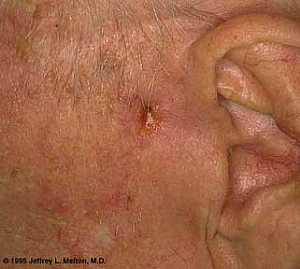 Basal Cell Carcinoma ("Rodent Ulcer" Type)
Basal Cell Carcinoma ("Rodent Ulcer" Type)
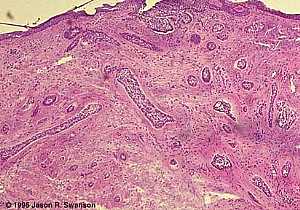 Basal Cell Carcinoma (Histology-Morpheaform Type)
Basal Cell Carcinoma (Histology-Morpheaform Type)
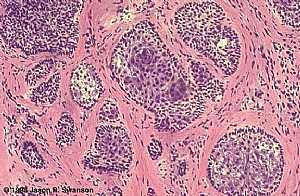 Basal Cell Carcinoma (Histology-Nodular Type - High power)
Basal Cell Carcinoma (Histology-Nodular Type - High power)
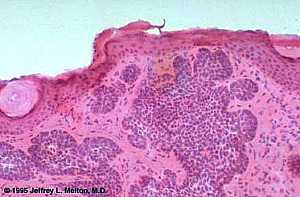 Basal Cell Carcinoma (Histology-Nodular Type- High power)
Basal Cell Carcinoma (Histology-Nodular Type- High power)
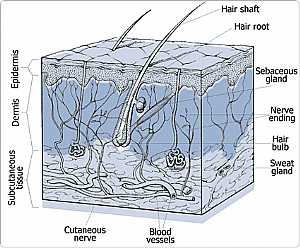 Skin
Skin
 Nervous System -- Basic
Nervous System -- Basic
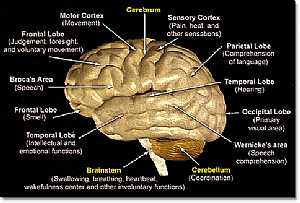 Brain anatomy
Brain anatomy
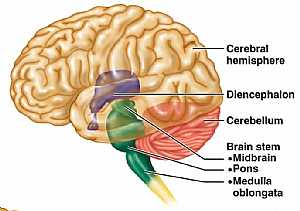 Brain anatomy
Brain anatomy
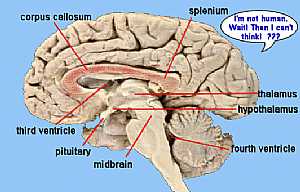 Brain anatomy
Brain anatomy
 Brain anatomy
Brain anatomy
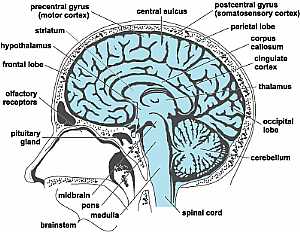 Head anatomy
Head anatomy
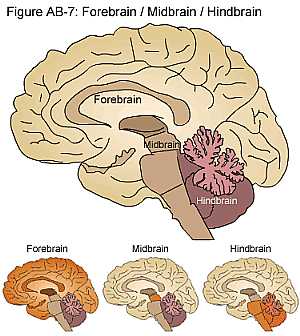 Brain anatomy
Brain anatomy
eDoctorOnline.com does not provide medical advice, diagnosis or treatment.
© Copyright 2001-2022 eDoctorOnline.com
© Copyright 2001-2022 eDoctorOnline.com

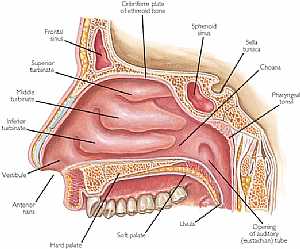 Nose anatomy
Nose anatomy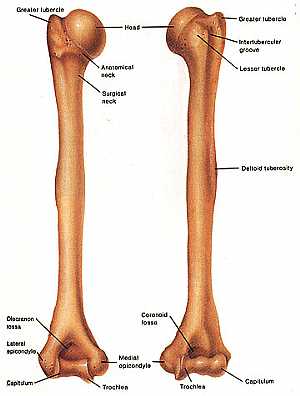 Humerus bone
Humerus bone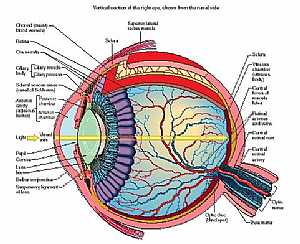 Eye anatomy
Eye anatomy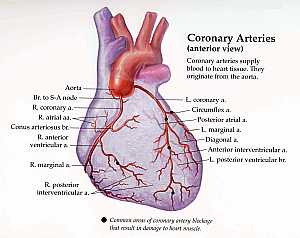 Coronary arteries anatomy
Coronary arteries anatomy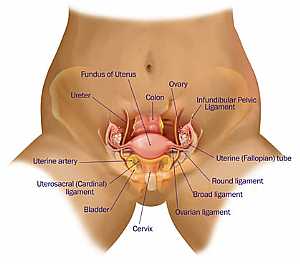 Female pelvic anatomy
Female pelvic anatomy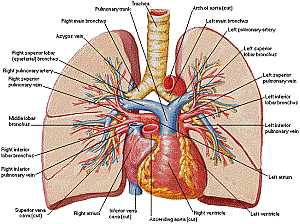 Heart and lung anatomy
Heart and lung anatomy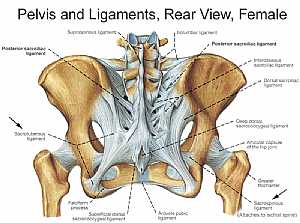 Bones and ligaments of the FEMALE Pelvis
Bones and ligaments of the FEMALE Pelvis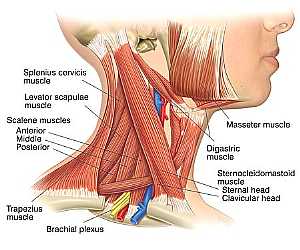 Neck Anatomy
Neck Anatomy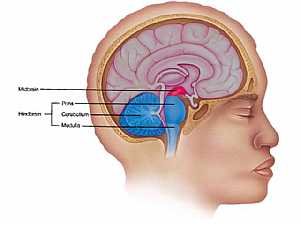 MidBrain anatomy
MidBrain anatomy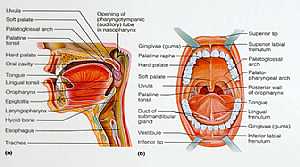 Oral Cavity
Oral Cavity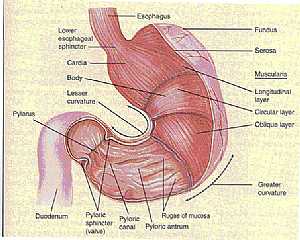 Stomach anatomy
Stomach anatomy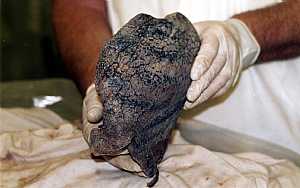 Lung anatomy
Lung anatomy Basal Cell Carcinoma ("Rodent Ulcer" Type)
Basal Cell Carcinoma ("Rodent Ulcer" Type) Basal Cell Carcinoma (Histology-Morpheaform Type)
Basal Cell Carcinoma (Histology-Morpheaform Type) Basal Cell Carcinoma (Histology-Nodular Type - High power)
Basal Cell Carcinoma (Histology-Nodular Type - High power) Basal Cell Carcinoma (Histology-Nodular Type- High power)
Basal Cell Carcinoma (Histology-Nodular Type- High power) Skin
Skin Nervous System -- Basic
Nervous System -- Basic Brain anatomy
Brain anatomy Brain anatomy
Brain anatomy Brain anatomy
Brain anatomy Brain anatomy
Brain anatomy Head anatomy
Head anatomy Brain anatomy
Brain anatomy
Be the first one to comment on this article!